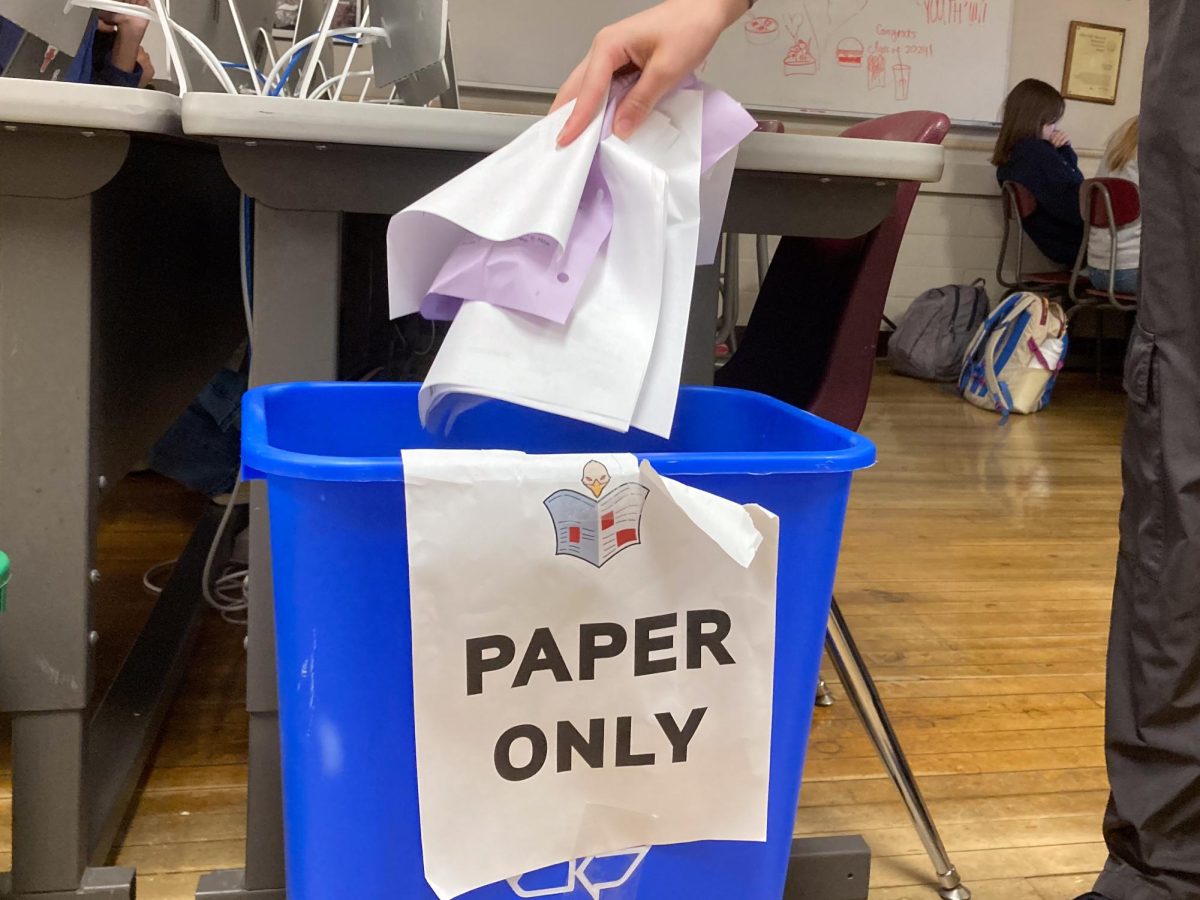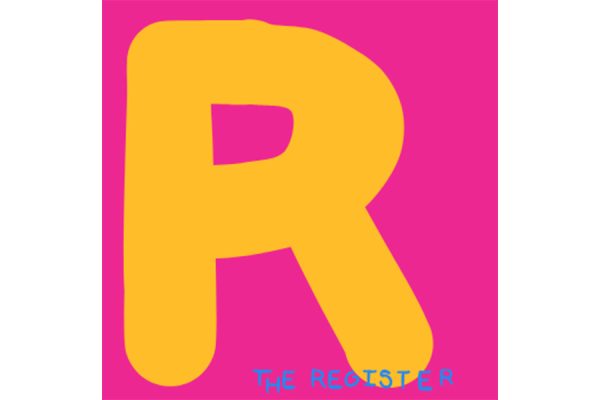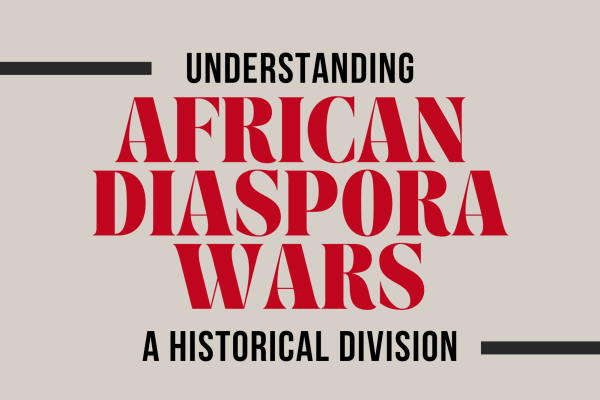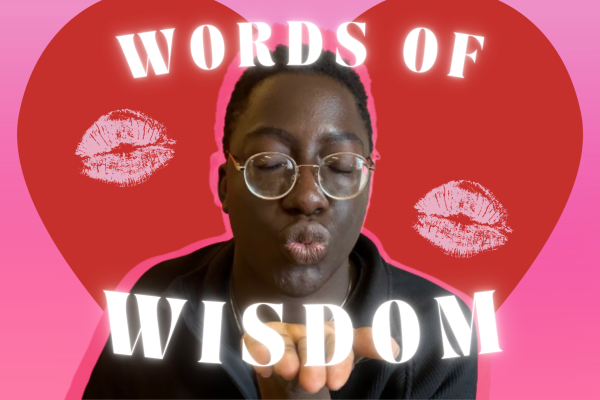Recognizing Swift
Who is Taylor Swift? Over a long career, T Swift has been many things and just this month she released her latest album, ‘Midnights’
Esther Puderbaugh
October 28, 2022
“I still want to have a sharp pen and a thin skin and an open heart.” These were the words Taylor Swift closed her 2020 documentary, Miss Americana, with. Throughout the hour and twenty minute documentary, viewers receive a behind-the-scenes glimpse of Swift’s career – the good, the bad, and the ugly. Swift’s words were particularly poignant after reflecting on all that she had been through.
Swift began her career in 2006 with the release of her debut single, Tim McGraw. Part of Tim McGraw’s appeal was its focus on a teenage girl experiencing being a teenager, something still foreign to large swaths of the country music space today. Swift began to connect with her fans via social media and soon developed a large fan base mostly consisting of young women like herself.
A few years later, Swift became the youngest person ever to receive the Grammy for Album of the Year with her sophomore record, Fearless. Swift was well on her way to cementing herself as an era-defining artist.
Swift’s career could be defined by her personal narrative. A songwriter, Swift has built her career off of confessional lyrics which are reminiscent of a diary entry. Swift’s songs feel like a friend telling you a story and her music paints a picture of americana: a young girl growing up and finding her place in the world. Swift speaks a language of dancing in the rain, fairy tales, dresses, and Polaroid pictures.
From 2006 on, Swift began to craft a world within her music. Songs written ten years apart bear parallels to each other, a recent outfit is a callback to a different era, and a famous cast of characters is frequently mentioned. Most every Taylor Swift fan I know associates a song of hers about a famous ex-boyfriend with a situation in their own life. This is a testament to the universality of the themes in Swift’s music. While young women may be the targeted demographic, anyone can empathize feelings of longing, heartbreak, and betrayal.
Swift’s music speaks at a fundamental level to teenage girls and young women. Coincidentally, this demographic is often dismissed by society. The opinions, experiences, and interests of girls and young women are most of the time implicitly disregarded and not taken seriously by the wider culture. Swift’s music is also often not taken seriously.
Since the inception of Swift’s career, the public has followed her as she navigates the world and tells her story as she does it. When Swift tells her story on her own terms through her music, this is automatically politicized. In a world where women’s voices are silenced and undervalued, Swift’s ownership of her narrative is threatening. No matter how unthreatening her image and presentation, a woman doing anything but keeping quiet –much less telling her story with a sharp yet vulnerable voice– will always garner criticism from the wider society.
Furthermore, Swift’s ability to remain relevant for as long as she has is a remarkable feat that few artists have achieved. Swift has reinvented herself every few years to stay shiny, new, and exciting – something her male counterparts would never have to do.
Let me be clear, I don’t believe Swift to be a feminist savior. In You Belong With Me, Swift laments about ‘not being like other girls’. Better Than Revenge isn’t exactly a feminist anthem, either.
Swift is the first woman to be awarded three Grammys for Album of the Year yet her music is subject to sexist dismissal, such as the belief that it is shallow and over-emotional. These comments call into question the music’s validity and value as artwork. There is nothing wrong with not enjoying Swift’s music but it is important to recognize the gendered implications that words such as “silly” and “moody” hold. The highest earning female musician of the 2010s, Swift’s impact on the music industry is nearly impossible to not recognize. It is time for Swift to be recognized as the era-defining artist that she is.



















































